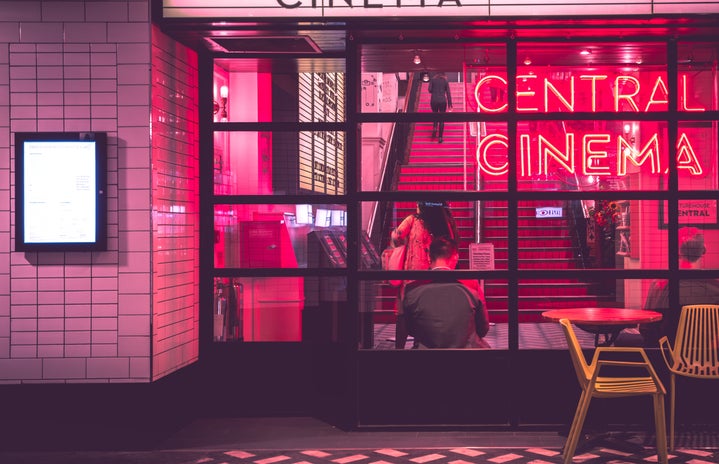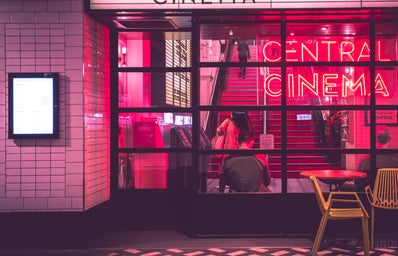On December 1st 2017, director Sanjay Leela Bhansali’s Padmavati was supposed to be released all over India. The movie is supposed to be a epic period drama, retelling the legend of Rani Padmini(or Padmavati), a Hindu Rajput queen, based on Malik Muhammad Jayasi’s epic 16th century poem Padmavat.
Rani Padmini remains an important figure in Rajasthani—specifically Rajput—culture. Upon hearing about the subject matter of the film, several activists, most prominently from the political group Karni Sena of Rajasthan, have been protesting against its release. The protest has grown in violence over time, with activists vandalising sets, physically attacking Bhansali, and even issuing threats against the actors. They are doing this, they claim, because the movie allegedly dishonors Rani Padmavati. This onset of violence has postponed the delay of the film indefinitely. Protesters have not actually seen the movie yet; no one has.
Director Bhansali released a video statement recently in which he states that he has always been strongly affected by the story of Rani Padmavati and the film is a tribute to her bravery and sacrifice. He goes on to address the issue that seems to be at the core of the controversy—a dream sequence in the movie which seems to hint at a romance between Padmavati and Allauddin Khilji (played, shockingly, by Deepika Padukone and Ranveer Singh)
According to legend, Padmavati commits sati or jauhar (depending on the version) to preserve her honour, essentially establishing that she would rather die than allow herself to fall into the hands of the barbaric Muslim invader. She is the embodiment of Rajput valour, and so it becomes easier to understand where the protesters are coming from. Bhansali has, in no unclear terms, denied the existence of this alleged dream sequence. However, if Padmavati did have said sequence, Bhansali and co. would have been well within their rights of creative license to do so. Expressing disagreement is a reasonable reaction only to a certain extent. Trying to prevent the very release of the film seems to go too far.
This is not the first time a film has faced this kind of backlash in India. Other such examples include Udta Punjab, Aarakshan and even Bhansali’s own Bajirao Mastani. It points to a certain inability of the population to allow even the existence, let alone the release, of media that deviates from the norm. Films like these make people uncomfortable.
These protests also reveal other unsettling undercurrents in the public mind at the moment. Ayesha Verma, a student and Teaching Fellow at Ashoka University, points out, “We seem to be protesting (against the movie, if at all) for the wrong reasons. Allauddin Khilji seemingly portrayed as a barbarian is pretty much in tune with the recent undercurrents of Indian politics. It is quite Islamophobic and we should be having a problem with that. The fact that the protests are rather being held against Padmini being in a dream sequence with Khilji and lowering the Rajput honour through un-Right-ful desires proves yet again how easy it is for us to use even a rumour to justify our violence when it comes to women and Muslims.”
The right to freedom of expression means that artists are allowed to make art—yes, even art with debatable content—and the audience is equally free to criticise it and despise it, as vocally as they like. But by trying to prevent the release, these protestors are depriving Bhansali of that right. It’s nothing but a different kind of censorship to do so, a kind of majoritarianism that, if allowed to go on, could very well end up stifling more than one medium of art. Even if that wasn’t the case, as actress Deepika Padukone pointed out, the nature and viciousness of the movement to stop the film is regressive.
The writer and biographer Evelyn Beatrice Hall once wrote, “I disapprove of what you say, but I will defend to the death your right to say it.” It’s a quote that is gaining relevance in the Indian context. We are not always going to like what somebody has to say. But there are ways to engage with that that do not have to come to this.
Edited by Devashree Somani
Photographic content curated by Viraj Malani
Read more about the controversy here:
The Deccan Chronicle http://www.deccanchronicle.com/entertainment/bollywood/271117/industry-holds-15-minute-blackout-to-protest-padmavati-agitations.html


